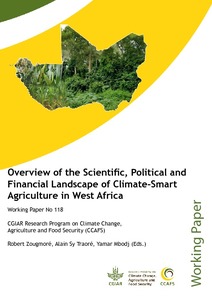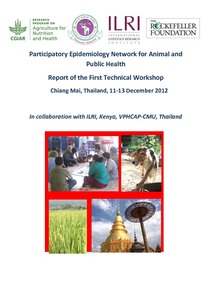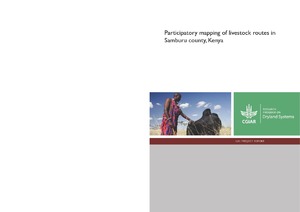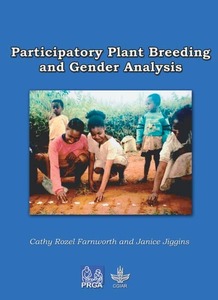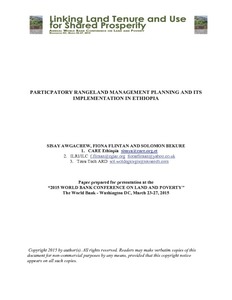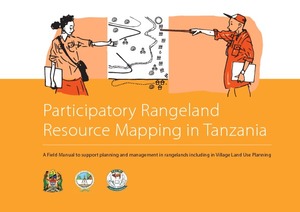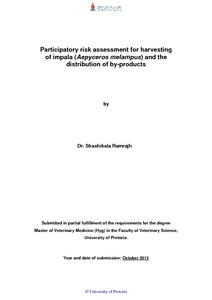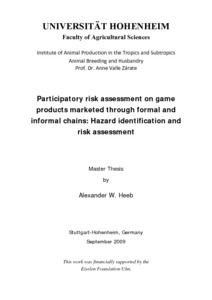Overview of the Scientific, Political and Financial Landscape of Climate-Smart Agriculture in West Africa
The agricultural sector plays a key role in the Economic Community of West African States (ECOWAS). As the backbone of the economy, it affects society at many levels since national economies and people’s jobs, incomes and food security depend upon it. Climate change and variability pose a major threat to farmers in the region, which is already experiencing rising temperatures, shifting precipitation patterns, and increasing extreme events.

